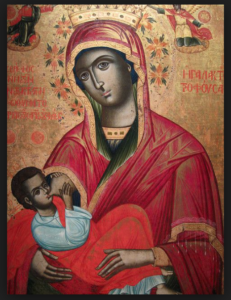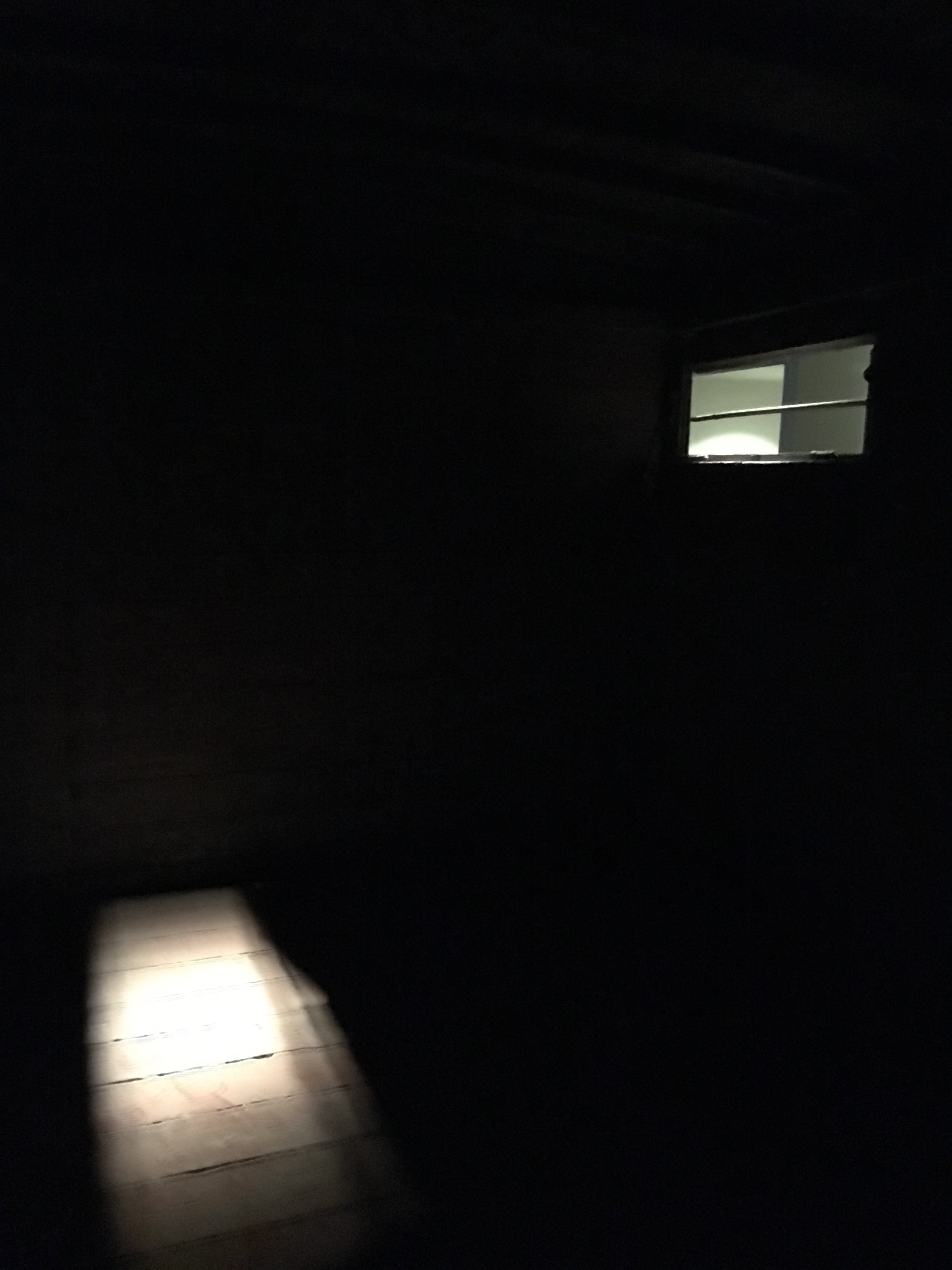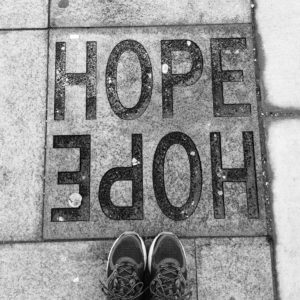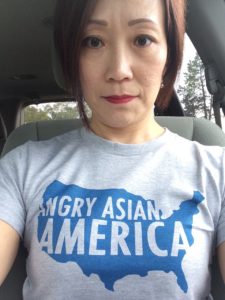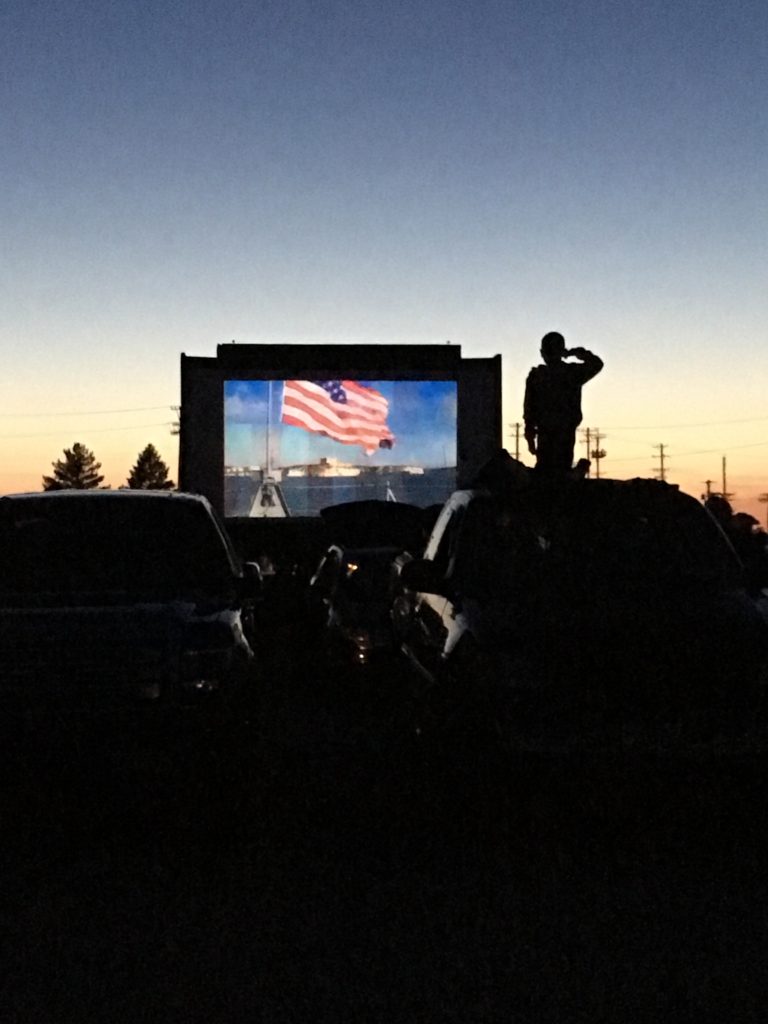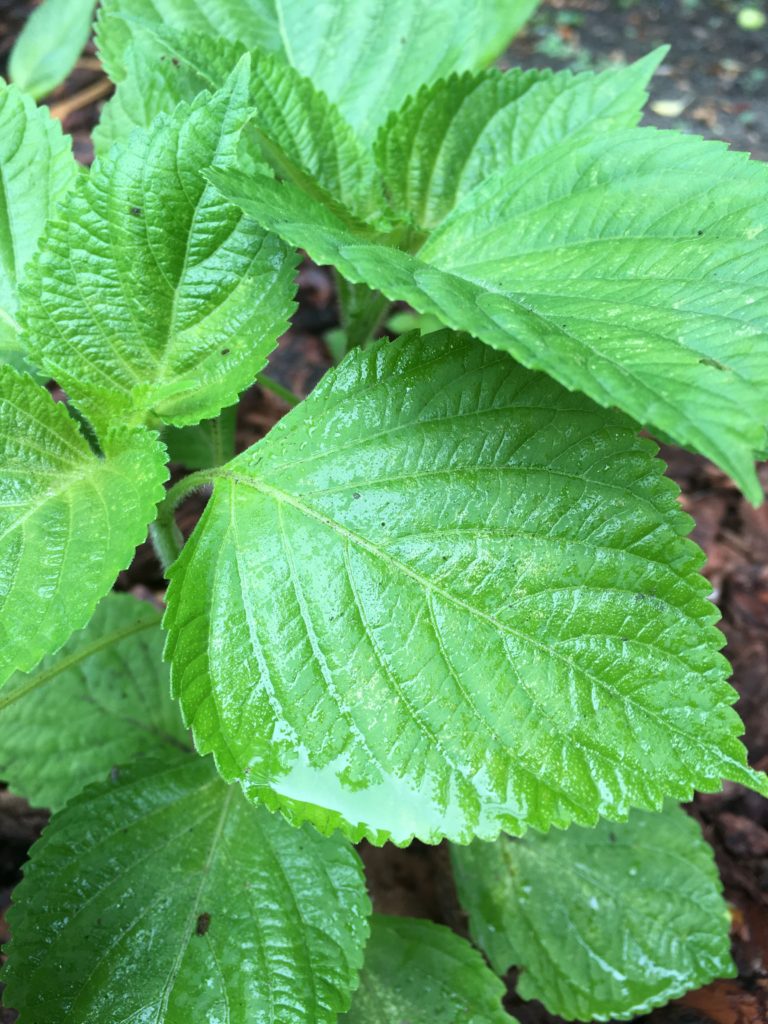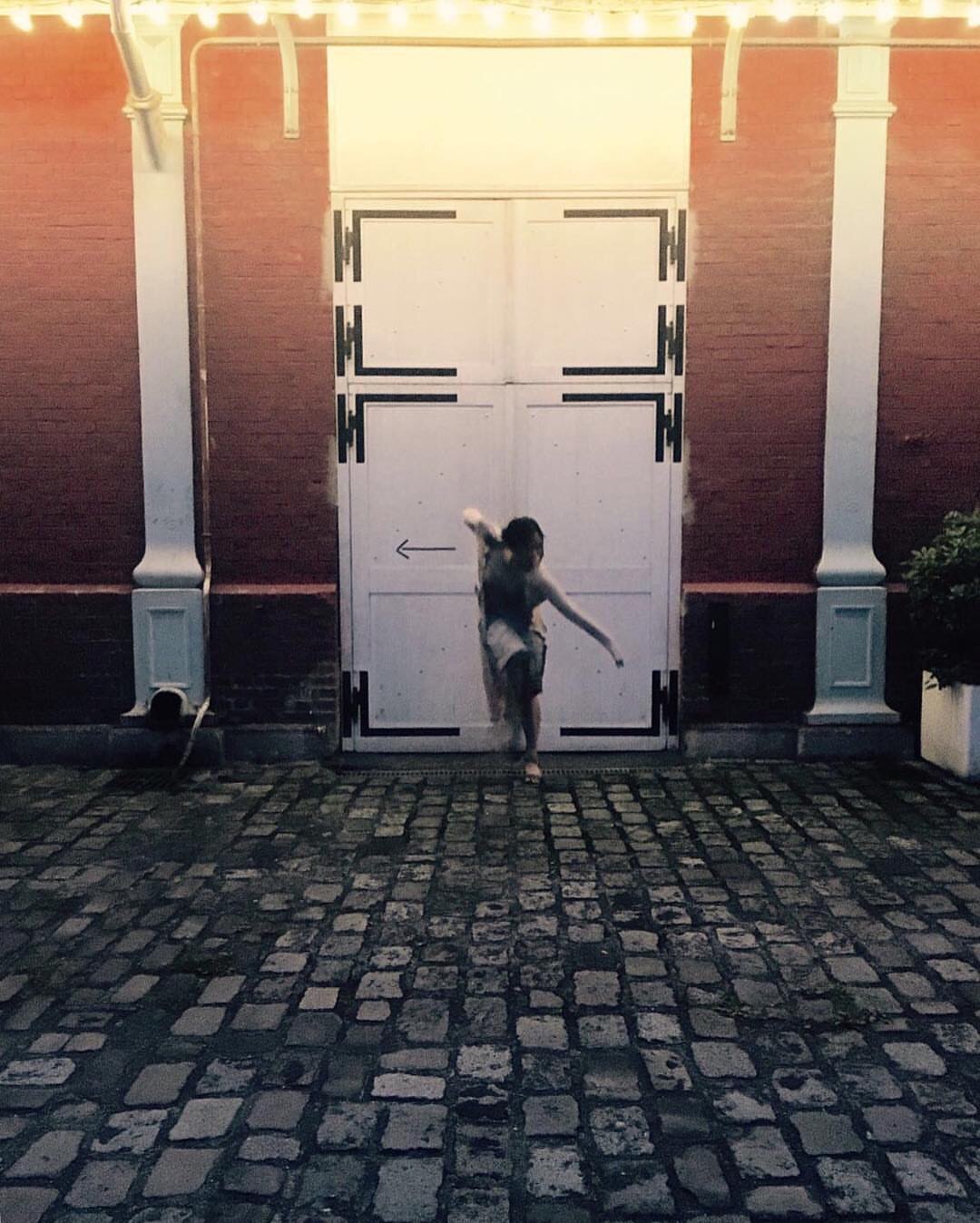Unlike most other mothers in the United States I returned to my full-time job with a key to an employee lactation room – a private, locked room with a refrigerator, sink, private toilet, recliner and HOSPITAL GRADE BREAST PUMP. All you needed to do was bring your own tubing and, what I liked to call, your personal pump trumpets.
Thank God for the liberal media.
But again, not everyone has that luxury (which, IMHO, should be a given here in the USA) so I went on the hunt for what is the best breast pump for because I also knew I would be traveling and needing something at home.
Why am I writing about this now? Well, I’m also on a private FB page of working minister mamas in the org I currently work for, and a national staff conference coming up means that working minister mamas with little children are wondering what will travel and being present at a meeting actually look like.
Will there be childcare? How will I hang out with people after the official programming ends? How will I talk with other adults during mealtimes? Will there be high chairs? Will rooms have mini-fridges for storing breastmilk? Does a breast pump count as a personal item? Is it worth it to go? What will I miss if I don’t?
It will look crazy but that is what working minister mamas do, right? We do the crazy. We actually are crazy. We defy stereotypes simply by occupying traditional male space and then we have the audacity to show up with the proof that we are not men. We bring our children – infants, toddlers, preschoolers. I used to even pull my school-age children before grades counted. (That was high school for us.) And then we ask questions like: Will I have time to pump during a break or is just easier to go in and nurse?
So, reading the posts by newer and younger minister mamas made me think about why there aren’t more public spaces for women to do something that ought to be considered natural but isn’t.
Because the patriarchy. Because if men had to breast feed we all know that pumps wouldn’t be so noisy or bulky. Because if men had to breast feed we all know that lactation rooms would be as commonplace as the line for the “ladies room”. Because if men had to breast feed we would see commercials about pumps instead of erectile dysfunction drugs. Because if men had to breast feed there would be more laws protecting lactation rights and enforcement.
Until then, we women Google. We ask our FB communities. We network. We do what we need to do to get the job done.
I’ll never forget sitting in the back of the church sanctuary nursing our infant daughter under a blanket (because back then you couldn’t buy a nursing shawl so you used a blanket) and a few men freaking out in their godly way. Wouldn’t I like to go somewhere else? No, I wouldn’t. Wouldn’t you be more comfortable in the foyer? No, I wouldn’t. Do you really think you should feed her here? Yes, I do.
I think most of those men are now married and have their own children. I wonder if they wanted their wives to nurse out of sight, like maybe in the bathroom?
And of course, I can’t help but think of the infant Jesus and Mary. We don’t know if she had any help during labor. We don’t know if there was a doula or another woman from the area who came to help her and show her what to do after Jesus had been born. She had no other option but to breastfeed Jesus. Yes, being fully human and fully divine and born of a woman requires that kind of beautiful intimacy.
What are some of your favorite nursing stories? What are some of your questions about nursing? Was breastfeeding natural? Did you breastfeed? What made breastfeeding difficult? Easy? Natural? And, of course, what breast pump would you recommend?
